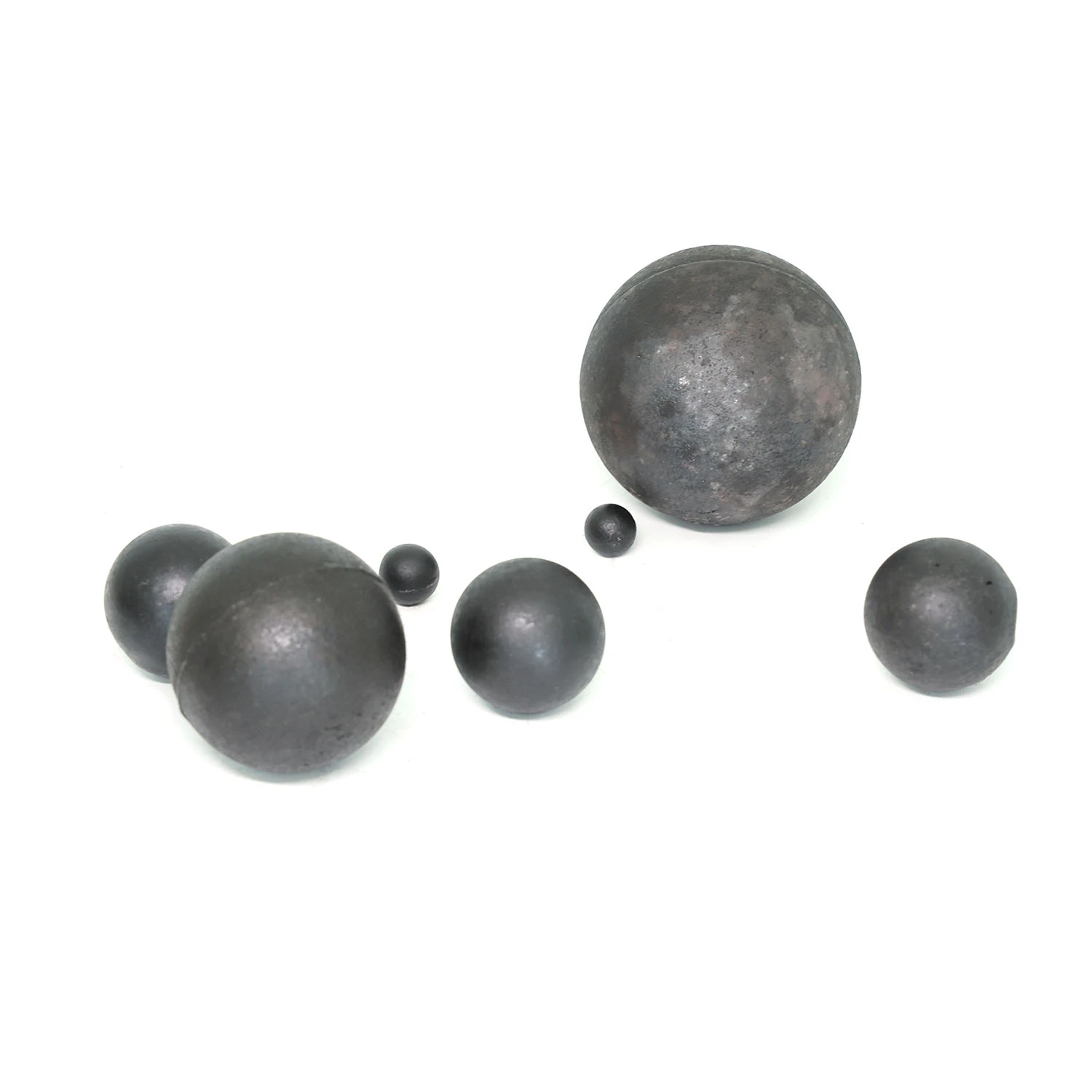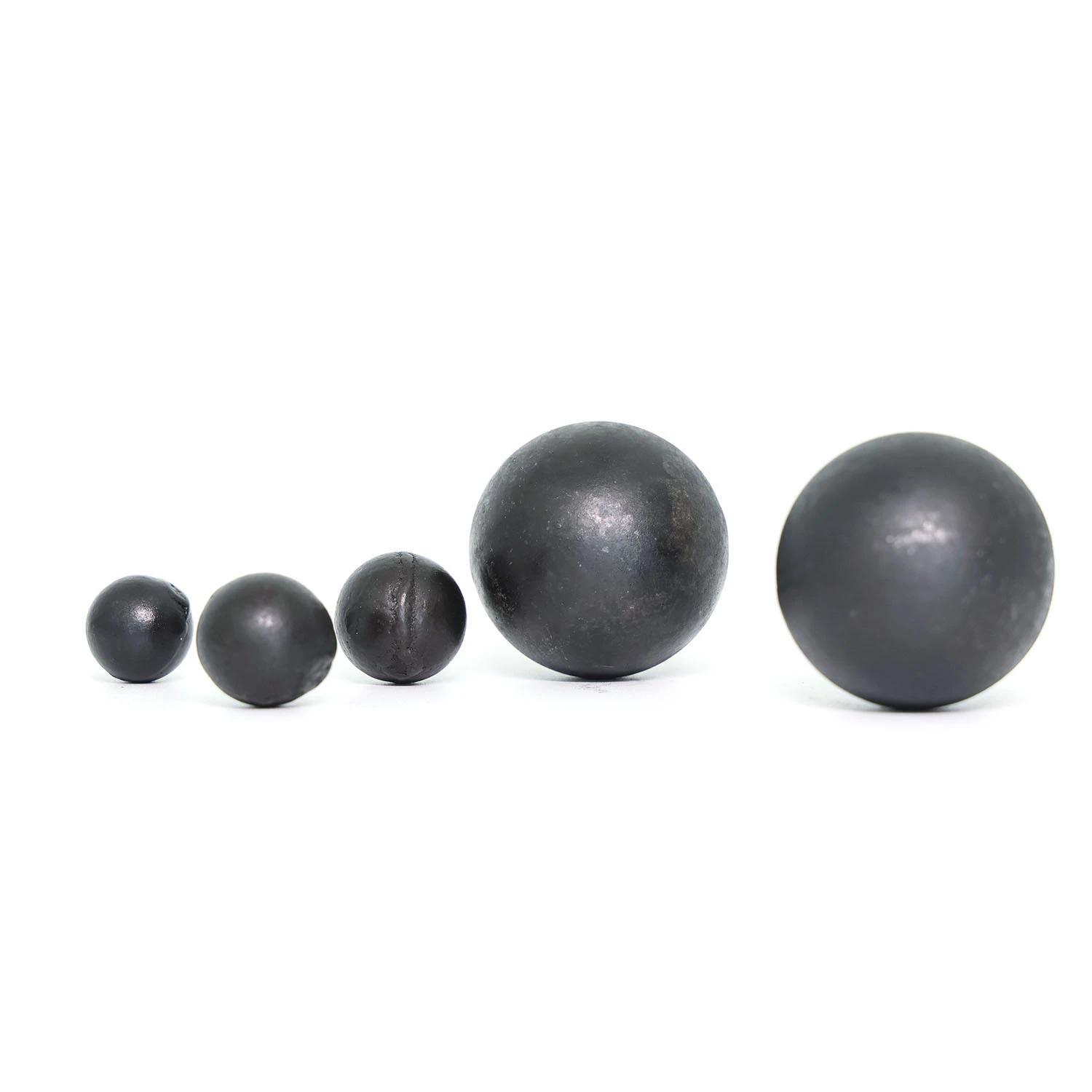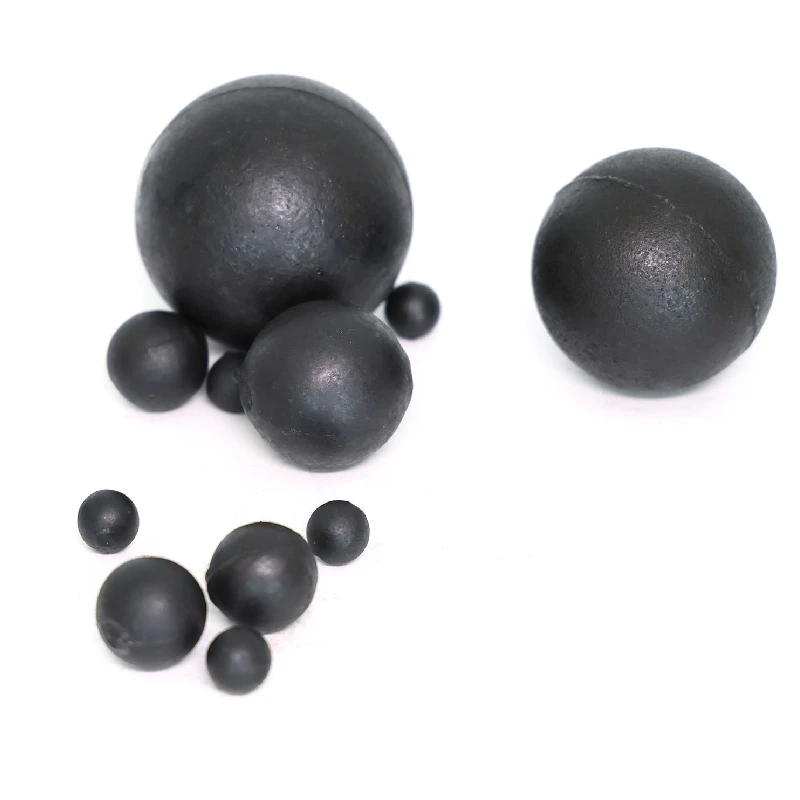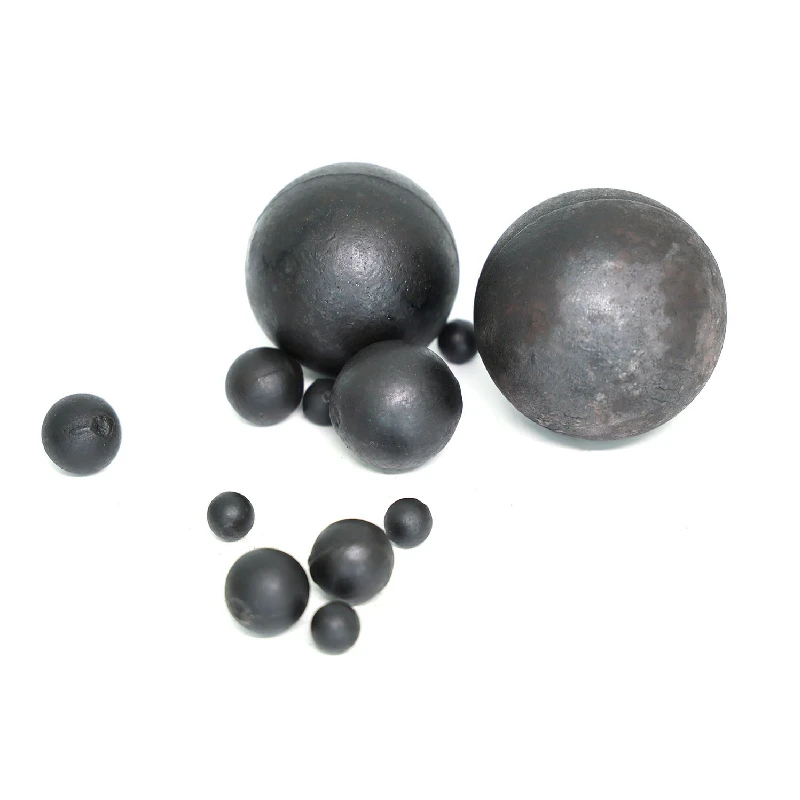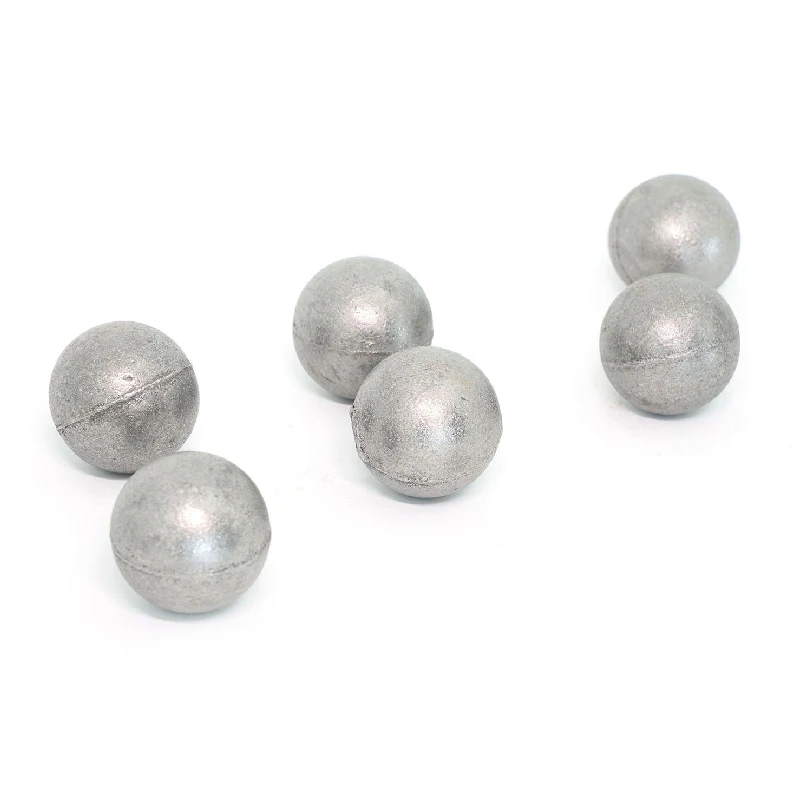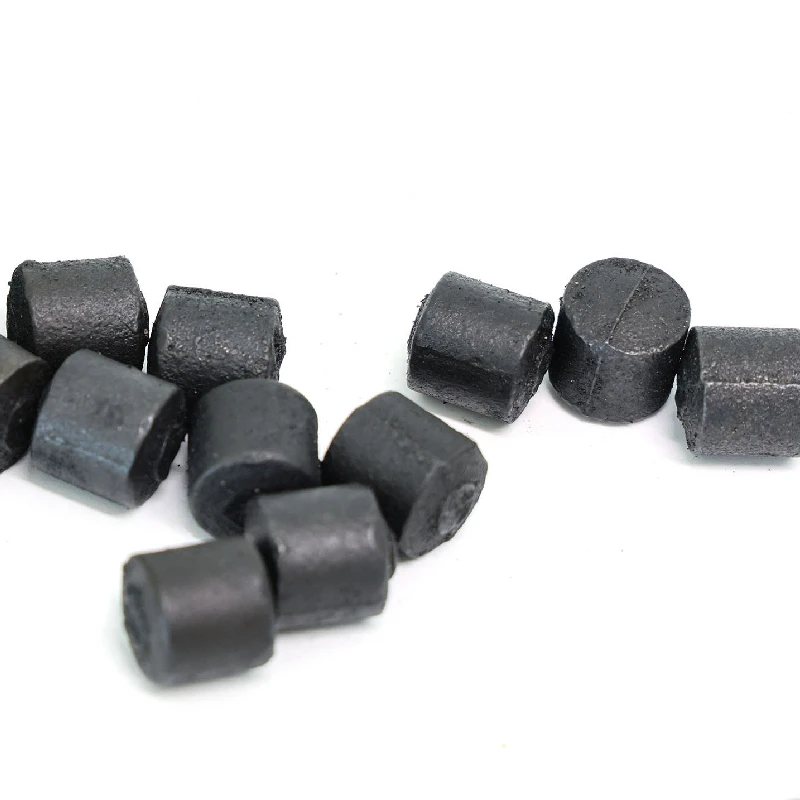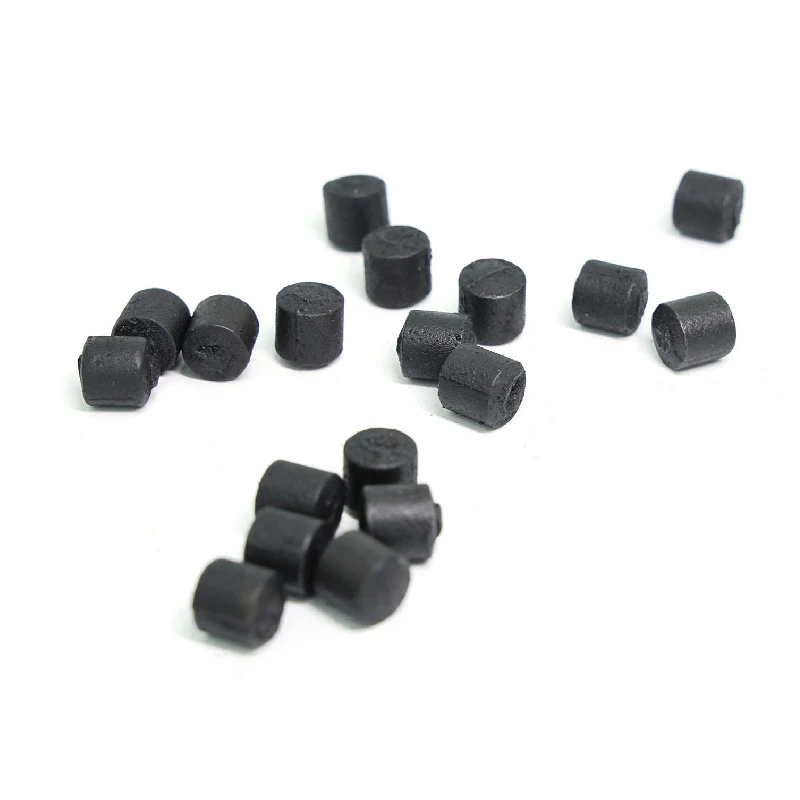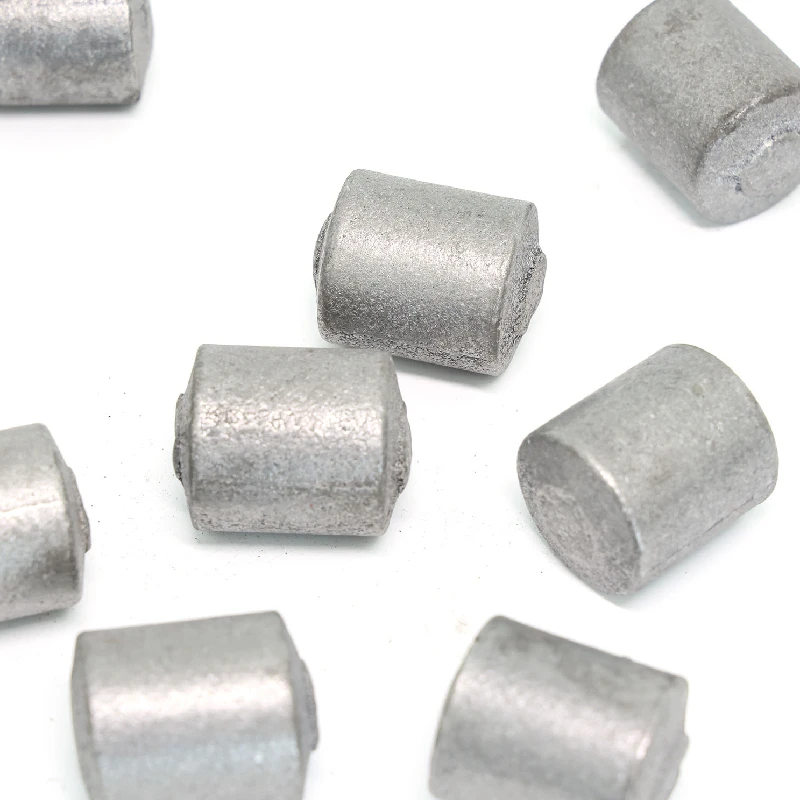- Afrikaans
- Albanian
- Amharic
- Arabic
- Armenian
- Azerbaijani
- Basque
- Belarusian
- Bengali
- Bosnian
- Bulgarian
- Catalan
- Cebuano
- China
- Corsican
- Croatian
- Czech
- Danish
- Dutch
- English
- Esperanto
- Estonian
- Finnish
- French
- Frisian
- Galician
- Georgian
- German
- Greek
- Gujarati
- Haitian Creole
- hausa
- hawaiian
- Hebrew
- Hindi
- Miao
- Hungarian
- Icelandic
- igbo
- Indonesian
- irish
- Italian
- Japanese
- Javanese
- Kannada
- kazakh
- Khmer
- Rwandese
- Korean
- Kurdish
- Kyrgyz
- Lao
- Latin
- Latvian
- Lithuanian
- Luxembourgish
- Macedonian
- Malgashi
- Malay
- Malayalam
- Maltese
- Maori
- Marathi
- Mongolian
- Myanmar
- Nepali
- Norwegian
- Norwegian
- Occitan
- Pashto
- Persian
- Polish
- Portuguese
- Punjabi
- Romanian
- Russian
- Samoan
- Scottish Gaelic
- Serbian
- Sesotho
- Shona
- Sindhi
- Sinhala
- Slovak
- Slovenian
- Somali
- Spanish
- Sundanese
- Swahili
- Swedish
- Tagalog
- Tajik
- Tamil
- Tatar
- Telugu
- Thai
- Turkish
- Turkmen
- Ukrainian
- Urdu
- Uighur
- Uzbek
- Vietnamese
- Welsh
- Bantu
- Yiddish
- Yoruba
- Zulu
Haz . 01, 2025 09:37 Back to list
Megaliner Mill Liners Durable, High-Performance Grinding Solutions
- Performance impact of revolutionary mill lining systems
- Design superiority of mechanical liner solutions
- Comparative analysis of major mill liner manufacturers
- Engineering tailored solutions for mining operations
- Installation methodologies for maximum operational benefit
- Documented results from copper and gold mining applications
- Global implementation across diverse mineral processing circuits
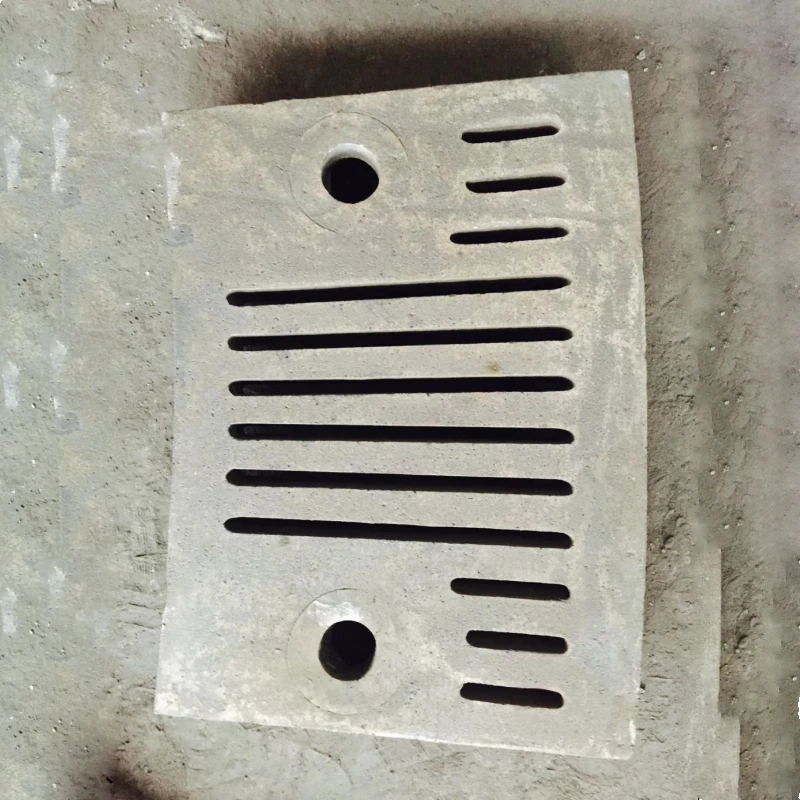
(revêtements de broyeur megaliner)
Maximizing Mill Efficiency with Megaliner Technology
Megaliner mill liners represent a quantum leap in grinding circuit efficiency. Mining operations report up to 15% increased throughput combined with 40% longer service life compared to conventional bolt-on systems. At the Chuquicamata mine, implementation reduced liner replacement downtime from 72 to merely 26 hours per change. This innovative system employs precision-engineered segments weighing up to 3 tons each, installed through specialized magnetic handling equipment. The distinctive interlocking mechanism creates a monolithic protection surface that maintains mill geometry throughout wear cycles.
Material integrity remains uncompromised despite extreme operating environments, with documented impact resistance exceeding 500J at -40°C in Canadian operations. The liners' structural stability prevents premature failure even in mills exceeding 40-foot diameters operating at critical speeds above 78% RPM. Consistent grinding volume is maintained throughout the wear cycle, with profile distortion measuring below 2% even after 18 months in platinum operations.
Engineering Superiority in Shell Protection Systems
These liners eliminate bolt failure points that historically caused 78% of unscheduled maintenance stops. By implementing patented locking technology requiring zero bolts in primary contact zones, operators achieve complete liner security without traditional failure points. The material science breakthrough incorporates a proprietary high-chrome steel matrix with dual-phase microstructure, achieving surface hardness of 650 HB while maintaining core toughness beyond 30J impact resistance.
The liner segments employ geometric optimization through computational fluid dynamics and discrete element modeling. This creates a dynamic response profile that adapts ball trajectories during rotation, significantly improving particle size reduction efficiency. Grinding tests demonstrate a 12-point increase in Blaine fineness consistency compared to conventional designs. Additional benefits include 30% reduced energy consumption per ton milled, validated in multiple gold processing installations across Nevada and Western Australia.
Market Leadership in Mill Protection Solutions
| Manufacturer | Liner System | Maximum Size (ft) | Typical Lifespan (mo) | Installation Time | Tonnage Increase |
|---|---|---|---|---|---|
| Metso Outotec | Megaliner | 44 | 12-22 | 36 hours | 15.8% |
| FLSmidth | PulpMax | 38 | 10-18 | 48 hours | 12.2% |
| Weir Minerals | Deltaframe | 40 | 8-15 | 52 hours | 9.7% |
Differential advantages in the Megaliner system include integrated lifters engineered into liner segments, eliminating the historical compromise between grinding efficiency and protective coverage. The seamless interface between segments creates a smoother interior surface that optimizes charge motion. Maintenance supervisors report 55% fewer installation injuries due to reduced overhead work in confined spaces, alongside 80% reduction in dropped-object incidents during change-outs.
Customization Framework for Mineral-Specific Operations
Implementation protocols begin with comprehensive mine site surveys capturing mill dimensions, operating parameters, feed characteristics, and specific mineralogical challenges. For abrasive gold ores with high quartz content, specialists implement reinforced nose segments with 18% chromium carbide overlay that showed merely 35% wear after processing 5.8 million tons in Ghanaian operations. Copper porphyry operations benefit from staggered discharge grates that prevent pebble port blinding while maintaining precise sizing control.
Each liner profile undergoes rigorous simulation to optimize grinding media trajectories. Hard rock mining applications feature 15% steeper lifter face angles to counter ball scating effects. For high-clay ores, engineers specify cascade profiles with secondary grinding shelves that break down clay agglomerates without requiring additional power input. Tailored solutions for high-altitude SAG mills in the Andes incorporate specialized alloy chemistry that maintains fracture toughness despite low oxygen partial pressure environments.
Revolutionizing Installation and Maintenance Protocols
The segmented installation methodology allows component replacement of only 30-40% of the mill lining during maintenance stops, versus traditional complete-change requirements. Specialized tooling including vacuum lifting devices ensures safe handling of multi-ton segments. Installation crews report standardization that enables personnel with average experience to complete change-outs in benchmark times. The locking mechanism requires no precision torqueing, eliminating measurement variance between installation shifts.
Maintenance managers implement predictive wear tracking using laser mapping that creates mill profile comparisons after every 20,000 tons processed. This identifies high-wear zones for selective segment rotation rather than complete replacement. Operations like Buenavista del Cobre achieved a 25% reduction in liner spending by implementing rotational strategies. The liner system includes quick-release mechanisms that permit single-segment change-outs in under four hours.
Performance Validation in Global Mineral Processing
At Cobre Panama's 38-foot SAG mills, Megaliner installations delivered unprecedented results: 19.5 months of continuous operation processing 85 million tons of copper ore. Productivity analysis showed throughput maintained at 96% of initial capacity until final replacement phase. Gold Fields' Granny Smith operation reported a 5% reduction in kWh per ton and eliminated liner-related downtime completely during the installation cycle.
Boliden's Aitik copper mine optimized liner usage through selective rotation and staged segment replacement. This strategy yielded 23% cost reduction over traditional liner programs while increasing annual production by 180,000 tons. Instrumentation data revealed significantly reduced vibration amplitudes from optimized charge motion – power spectrum density analysis showed a 40% reduction in harmonics below 15Hz, indicating smoother operation.
Worldwide Implementation of Revestimentos para Moinhos Megaliner Systems
Brazilian iron ore operations have implemented these liners across the Quadrilátero Ferrífero, with Vale reporting 16% operating cost reduction across their pellet feed circuits. Installation in VALE's Vargem Grande complex achieved production increase of 13,000 tons daily without modifying existing processing footprints. The liner systems withstand high-density magnetite slurries showing 20% longer service life than competitors in identical operating environments.
Chilean copper plants using Megaliner solutions demonstrate the adaptability across mineral types. Codelco's Radomiro Tomic division processed sulfide transition ore without premature failure despite constantly changing feed characteristics. The unified liner surface prevented preferential wear at material transition zones that previously caused cascade failures. Across 47 installations spanning six continents, these systems consistently delivered between 1.8% and 4.2% increased mineral recovery rates – translating to tens of millions in incremental revenue per installation.
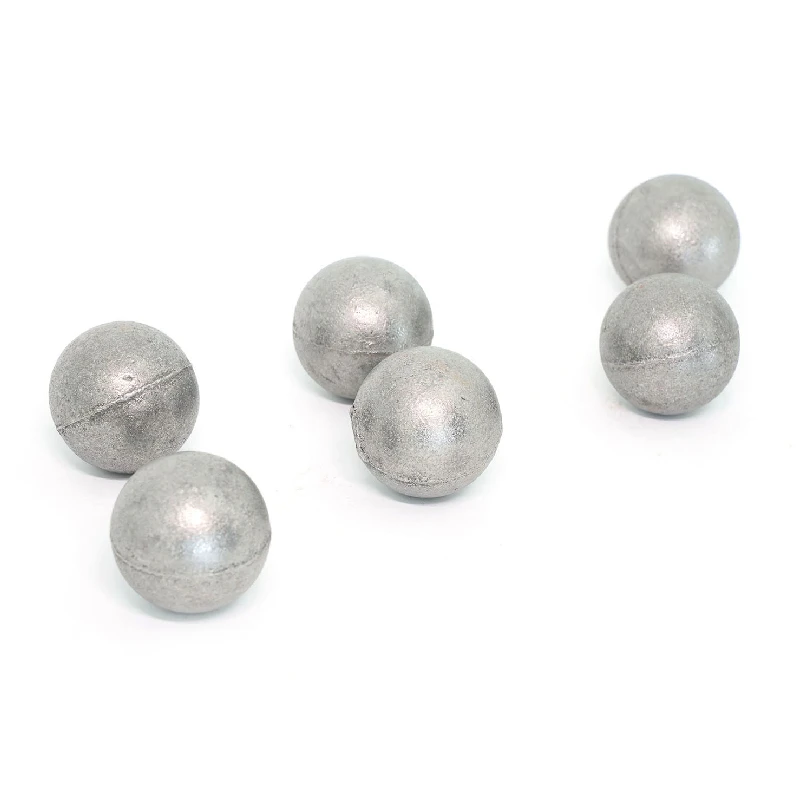
(revêtements de broyeur megaliner)
FAQS on revêtements de broyeur megaliner
Q: What are Megaliner mill liners used for in industrial applications?
A: Megaliner mill liners are durable protective components designed for grinding mills. They shield the mill's interior from wear and tear while optimizing grinding efficiency. They are commonly used in mining, cement, and mineral processing industries.
Q: How do Megaliner mill liners improve grinding mill performance?
A: Megaliner liners reduce downtime with their modular design, enabling faster installation and replacement. Their robust construction enhances material flow and energy efficiency, leading to consistent operational output. This design also minimizes maintenance costs over time.
Q: What industries benefit most from revestimentos para moinhos Megaliner?
A: Industries like mining, cement production, and ore processing rely on revestimentos para moinhos Megaliner for heavy-duty grinding tasks. These liners handle abrasive materials and high-impact conditions, ensuring longevity and process stability. Their adaptability makes them ideal for large-scale industrial mills.
Q: How do Megaliner mill liners compare to traditional mill liners?
A: Megaliner mill liners offer quicker installation due to their modular structure, unlike traditional bolt-on liners. They provide better wear resistance and uniform thickness, extending service life. This reduces operational interruptions and total cost of ownership.
Q: What factors should be considered when selecting Megaliner mill liners?
A: Key factors include material abrasiveness, mill size, and operational load capacity. Customization based on grinding process requirements ensures optimal performance. Partnering with certified suppliers guarantees compliance with industry standards and technical support.
-
Grinding Cylpebs and Their Impact on Milling Efficiency
NewsDec.27,2024
-
Art of Choosing and Loading Mill Media
NewsDec.27,2024
-
Maximize Your Milling Efficiency with the Right Grinding Media
NewsDec.18,2024
-
Importance and Applications of Ceramic Milling Media in Various Industries
NewsDec.18,2024
-
High Chrome Steel Grinding Balls
NewsDec.18,2024
-
High Chrome Grinding Media Balls and Their Role in Industrial Milling
NewsDec.18,2024
Realted Products


